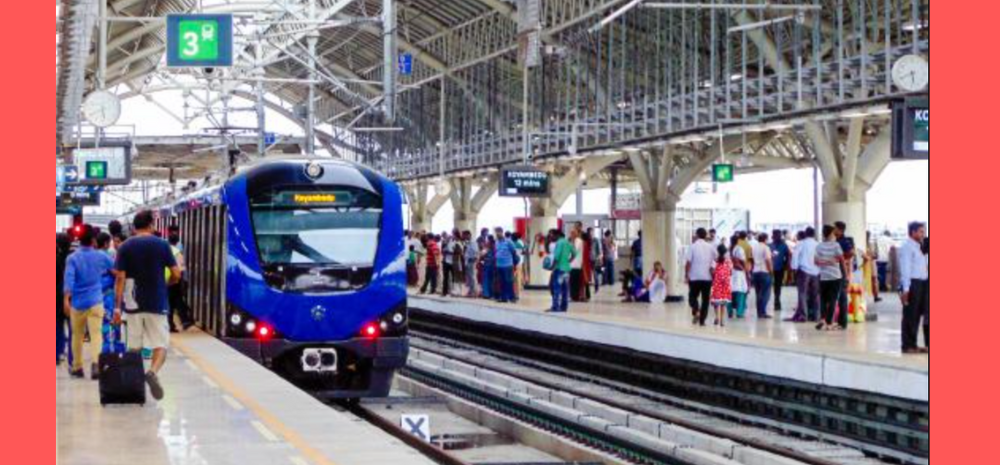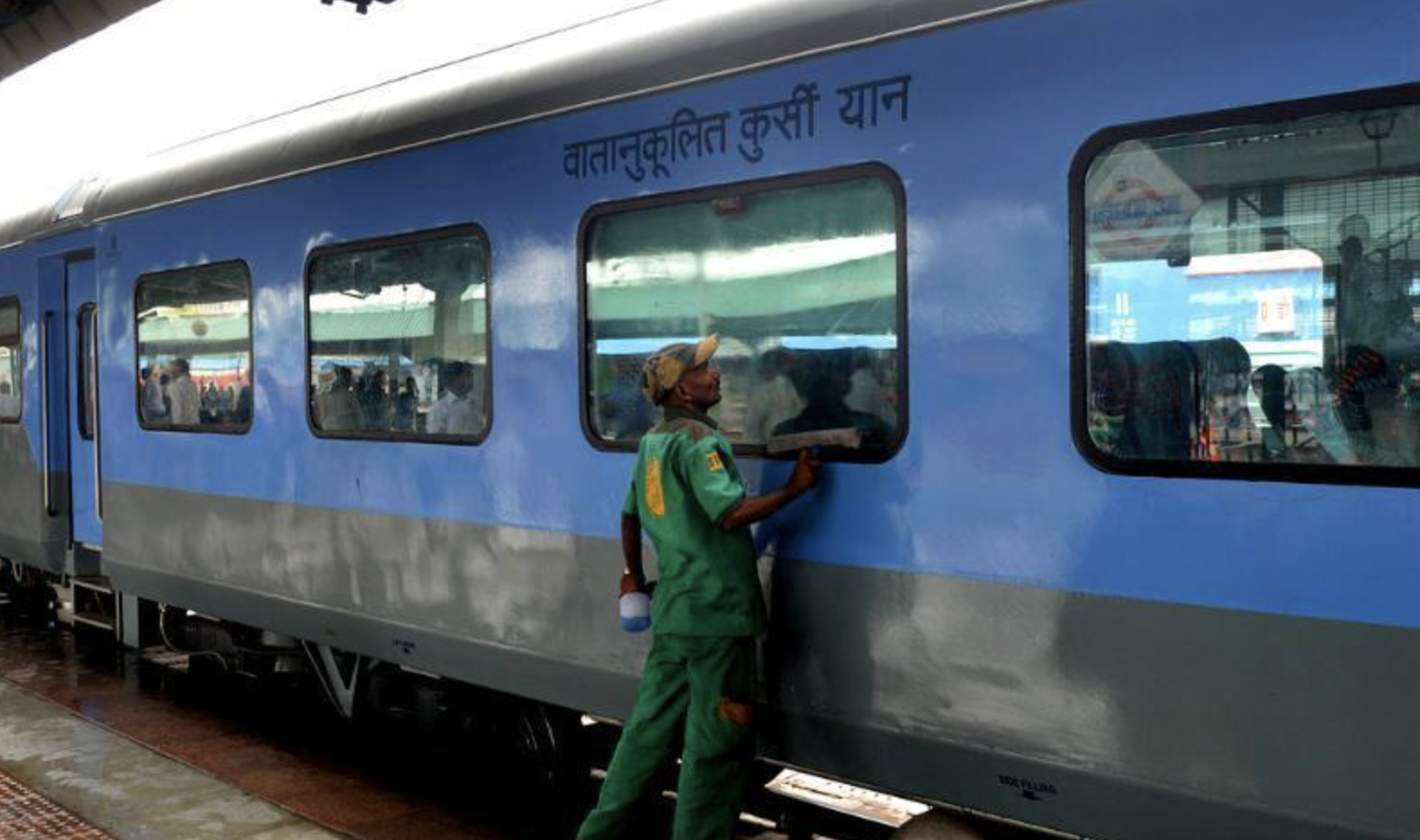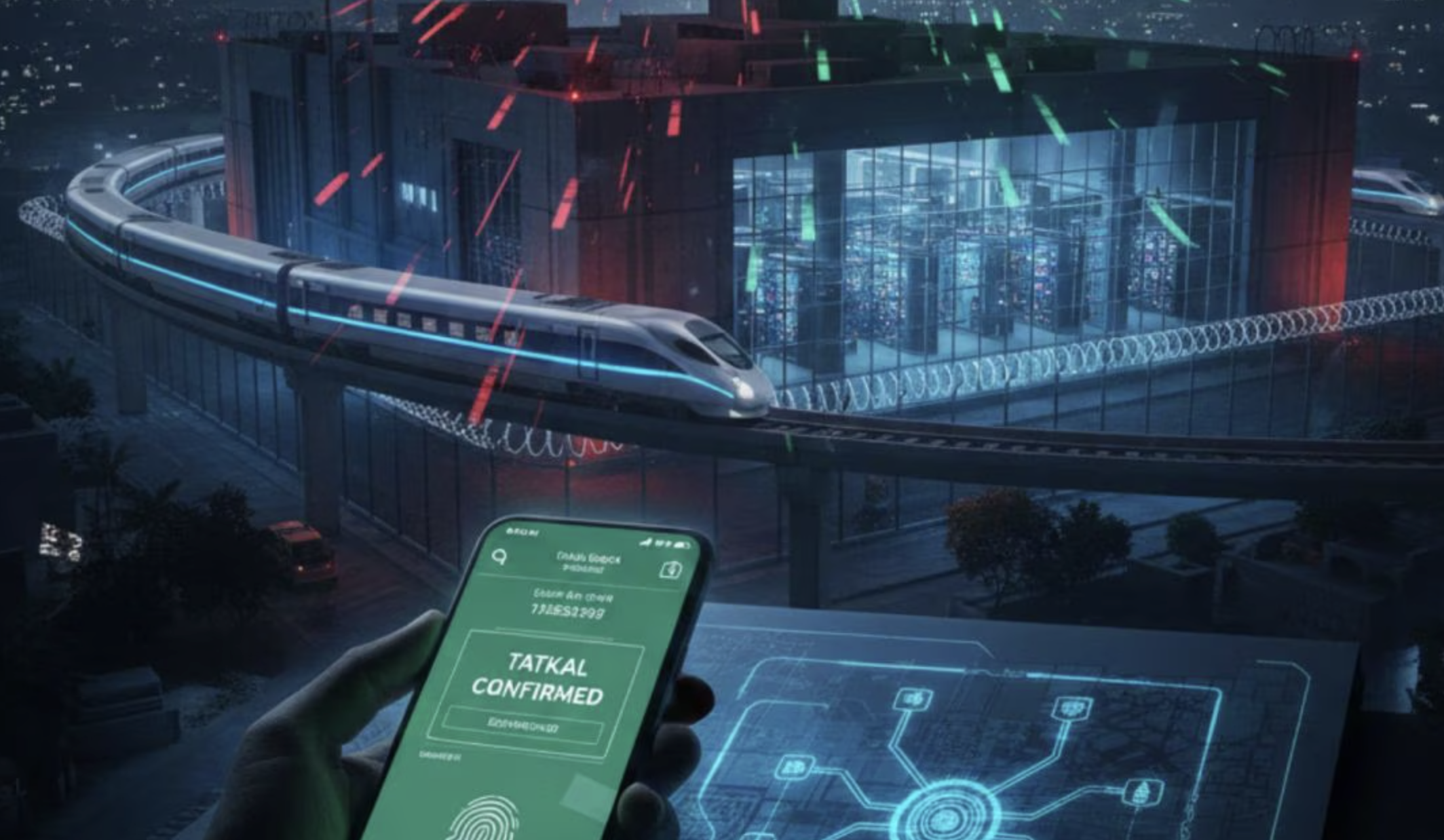Chennai Metro’s Phase 2 project is moving forward rapidly, with significant milestones on the horizon. The authorities anticipate that the ballastless tracks for testing driverless metro trains will be ready at the Poonamallee depot in three months. Additionally, Chennai is set to receive its first driverless train in August, marking a significant step in the city’s metro development.

Key Developments in Phase 2
The Poonamallee depot is crucial for Phase 2, particularly for Corridor 4, which extends from Lighthouse to Poonamallee Bypass. The depot will service all trains on this corridor and is expected to open along with the first part of Phase 2 by November 2025. This initial section stretches from Porur to Poonamallee and includes 10 stations. T Archunan, Director of Projects at CMRL, mentioned that the test track will be ready by October, with trials on the test tracks and elevated corridor to follow.
Construction Progress
Officials report that around 75% of the Poonamallee depot construction is complete. The stabling and workshop sheds are nearing completion, and the roof of the nearby Poonamallee station is expected to be finished by March 2025. Phase 2 spans 116.1 km and includes three corridors, scheduled to open in stages between 2025 and 2028. Currently, ballastless tracks have been installed along 25% of the stretch between Porur and Poonamallee, with daily track laying progressing at 100 to 120 meters.
Double-Decker Corridor and Interchanges
An interesting feature of the Power House-Porur stretch, part of Corridor 4, is the inclusion of a double-decker corridor between Alwarthirunagar and Alapakkam. This 4 km stretch will feature four stations that will serve as interchanges, allowing passengers to switch to Corridor 5, which connects Madhavaram Milk Colony with Sholinganallur. The double-decker corridor aims to enhance connectivity and facilitate smoother passenger transitions between different metro lines.
Future Outlook
The Chennai Metro Phase 2 project is set to transform the city’s public transportation landscape. With the introduction of driverless trains and advanced infrastructure, Chennai’s metro system will offer a more efficient and comfortable travel experience. The completion of Phase 2 in stages from 2025 to 2028 will gradually expand the metro network, improving connectivity across the city.
Conclusion
Chennai Metro’s Phase 2 project is making significant strides, with critical developments such as the upcoming driverless train testing and the construction progress of the Poonamallee depot. As the project advances, it promises to enhance urban mobility and provide a modern, efficient transportation system for Chennai’s residents.
4o












